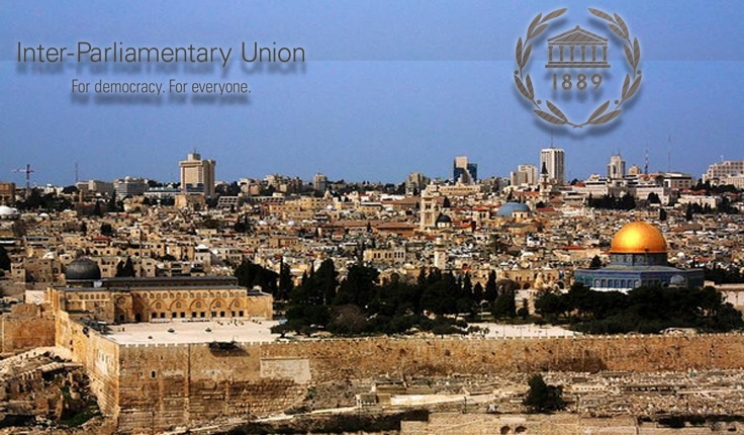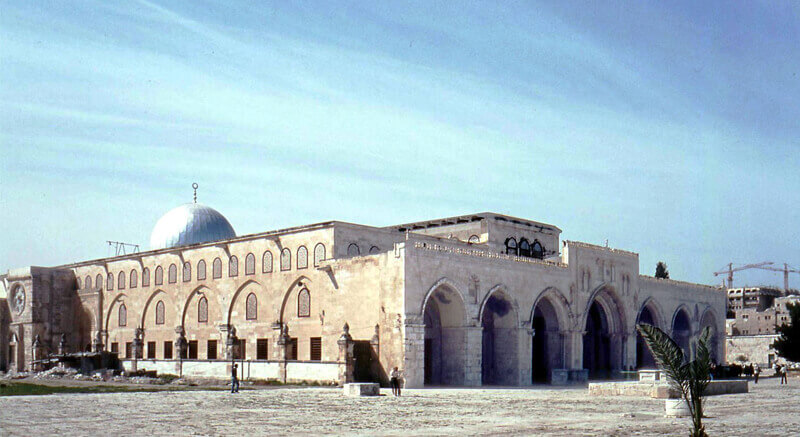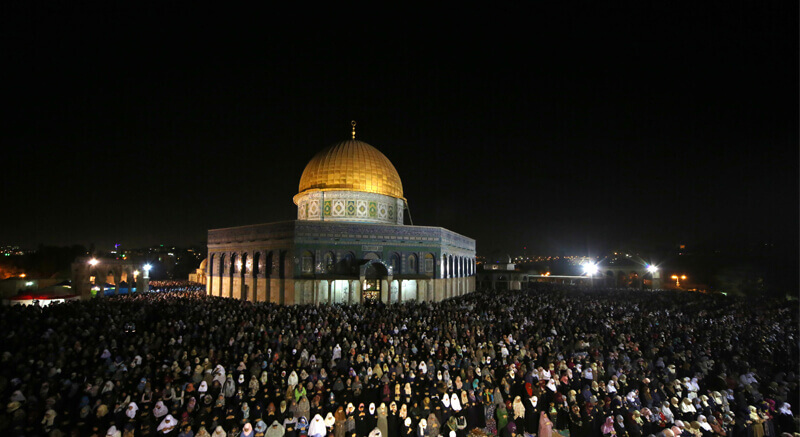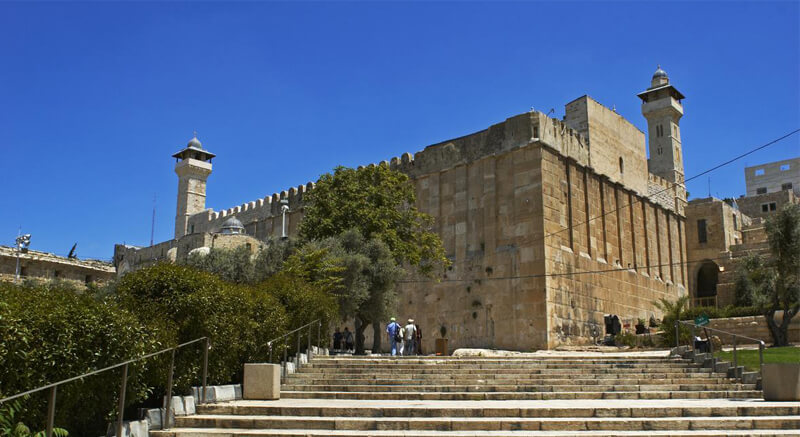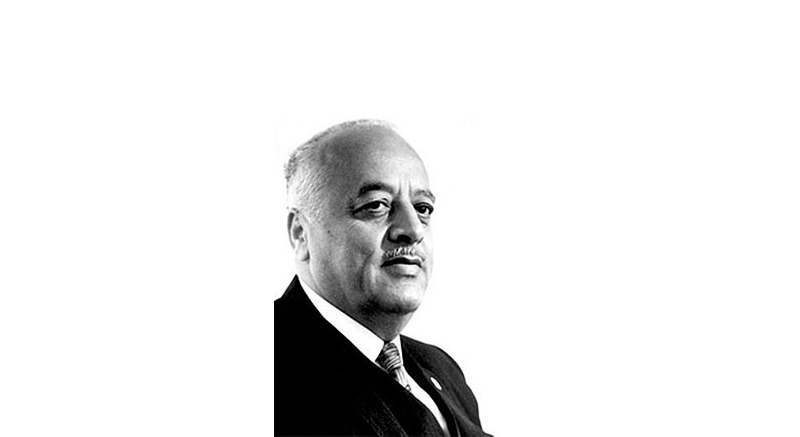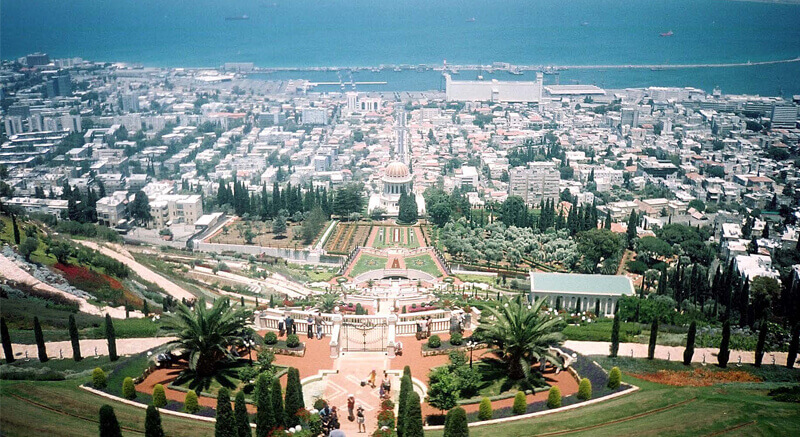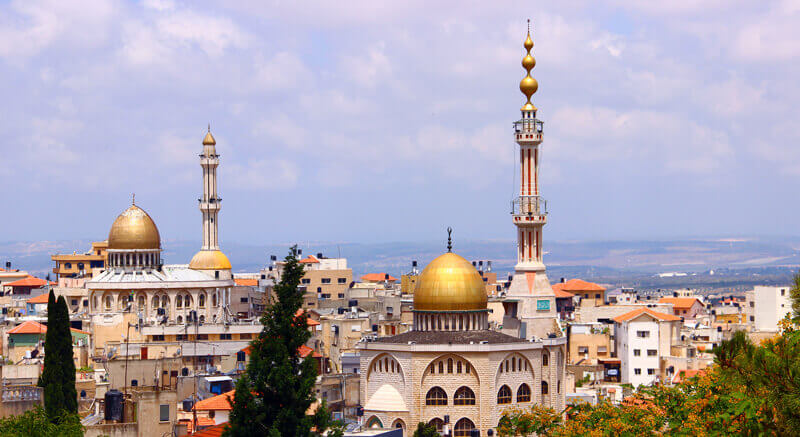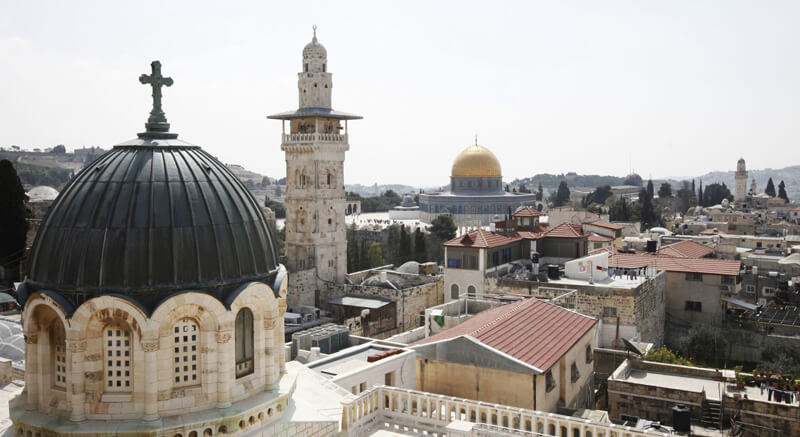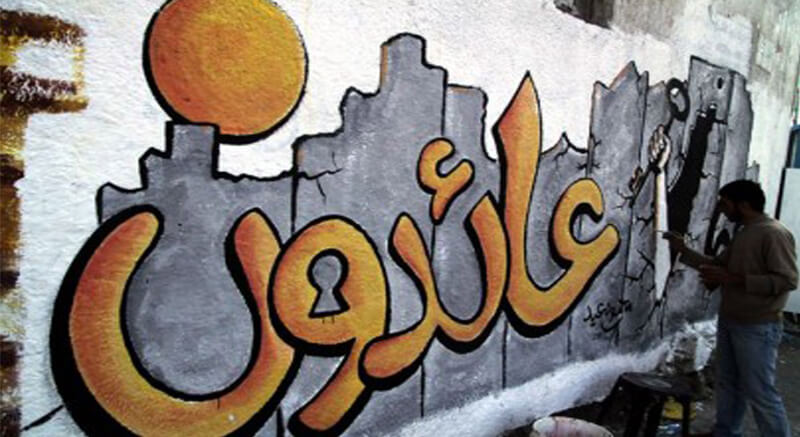The consequences of the US declaration on Jerusalem and the rights of the Palestinian people in Jerusalem in the light of the UN Charter and resolutions
The 138th Assembly of the Inter-Parliamentary Union,
(1) Recalling the resolutions of the United Nations Security Council, including resolutions 181 (II) (1947), 242 (1967), 252 (1968), 298 (1971), 446 (1979), 465 (1980),
478 (1980), 1322 (2000), 2334 (2016), United Nations General Assembly resolutions and other relevant international documents,
(2) Taking note of the final communiqué and resolutions adopted by the Extraordinary Islamic Summit Conference and the Extraordinary Meeting of the Council of Foreign Ministers of the Organization of Islamic Cooperation held in Istanbul on
13 December 2017 and the Istanbul Declaration on “Freedom for Al-Quds”,
(3) Rejecting any unilateral decisions dealing with any changes to the resolutions of the United Nations Security Council and General Assembly and other international covenants dealing with the legal status of the city of Jerusalem, whether through governments of States or the Israeli occupation or otherwise,
(4) Deploring and condemning the announcement by the US Administration of the transfer of its Embassy to occupied Jerusalem by mid-May, which coincides with the anniversary of the Nakba (15 May 1948),
(5) Reaffirming its support for the right of the Palestinian people in their legitimate struggle to end the Israeli occupation and to regain their rights to return and establish their independent state with East Jerusalem as its capital,
1 Renews its solidarity with and support to the Palestinian people in defending their just cause and their legitimate rights, including their historical and rooted rights in Jerusalem, guaranteed by the relevant resolutions of international legitimacy;
2 Supports all legal and peaceful steps taken by the Palestinian leadership at the national and international levels to consolidate the sovereignty of Palestine over the Holy City of Jerusalem and the Occupied Palestinian Territory;
3 Affirms its absolute rejection in its entirety of the recent US Administration’s decision regarding Jerusalem and considers it null and void under international law;
4 Calls upon all parliaments to urge their governments to recognize the State of Palestine along the 1967 borders with East Jerusalem as its capital in accordance with UN resolutions;
5 Reaffirms that all legislative and administrative measures and actions taken by Israel to impose its law and measures on Jerusalem are illegal and have no legitimacy;
A/138/9-DR
6 Demands that Israel cease all settlement-building activities and any other measures aimed at altering the status, character and demographic composition of the Occupied Palestinian Territory, including in and around Jerusalem, all of which have a detrimental impact on the human rights of the Palestinian people and on the prospects for a peaceful settlement;
7 Expresses grave concern at the restrictions imposed by Israel to impede access by worshippers to the holy sites in Jerusalem;
8 Calls upon international organizations to take the necessary steps to preserve and maintain the historical heritage of Jerusalem;
9 Emphasizes the necessity of supporting the United Nations Relief and Works Agency for Palestine Refugees in the Near East (UNRWA) to carry out aid programmes for the relief of the Palestinian refugees in line with UN General Assembly Resolution 302 (IV) of December 1949;
10 Encourages the relaunch of the peace process through a multilateral initiative in accordance with United Nations resolutions to achieve the existence of a two-State solution on the basis of the 1967 borders.


